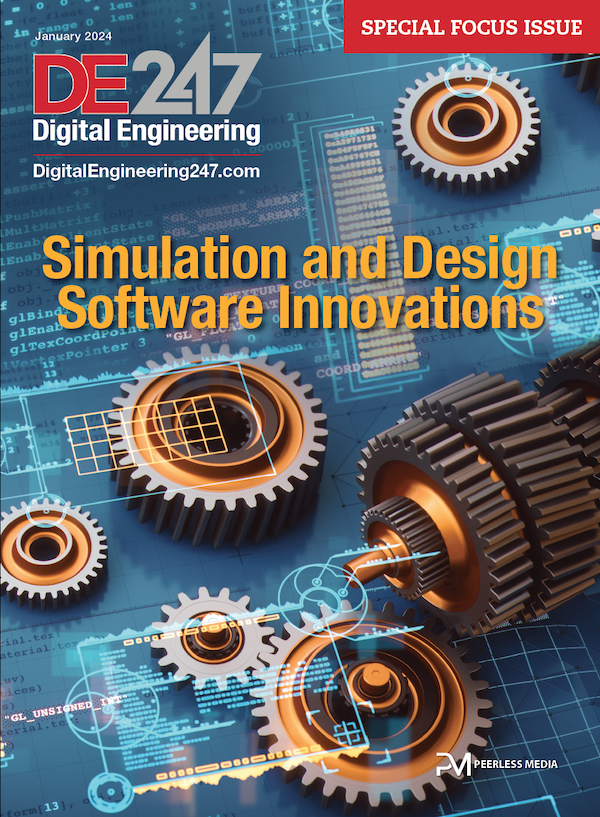Latest News
July 6, 2012
By DE Editors
CD-adapco has released version 7.04 of its STAR-CCM+ software, which the company says will help users accelerate product development processes by performing more simulations in less time.
The introduction of Multi-part Solids improves the scalability of thermal simulations that previously involved multiple parts and materials. The ability to use a single solid continuum makes thermal simulation problems easier to set-up, and increases the speed of calculation, the company says.
The new Solar Loads Calculator allows solar radiation to be automatically specified by latitude, longitude, time and date, with an additional factor to account for changing skies. These parameters are updated automatically during transient analysis to facilitate the simulation of occupant comfort.
Customers can use Optimate and Optimate+, which are add-on modules for STAR-CCM+ that directly employ process automation and design optimization technology from Red Cedar. The Optimate solution, which includes CD-adapcos Power Token software licensing, allows engineering designers to set up, execute, and post-process design exploration studies such as parameter sweeps and/or DOEs. Optimate+ adds the capability to perform automated design optimization studies using the SHERPA algorithm from Red Cedar.
Further enhancements in speed come from the introduction of a newly improved mesh morpher, which delivers a speedup of up to four times more than previous releases.
The introduction of Implicit Co-simulation between STAR-CCM+ v7.04 and Abaqus v6.12 has increased the stability of highly non-linear fluid-structure-interaction problems, speeding up the solution time by use of typically larger time-steps.
A new Granular Flow model enhances the Eulerian multiphase capabilities of the solution by facilitating the simulation of highly packed materials, accounting for the frictional stress and particle drag. This capability opens up applications such as fluidized beds, drilling, slurry flows, and granular transport to simulation.
The Overset Mesh feature is expanded to allow regions to travel to, and beyond, the boundary of the domain, improving the flexibility of overset grids and allowing the simulation of very close moving bodies, such as store separation.
For more information, visit CD-adapco.
Sources: Press materials received from the company and additional information gleaned from the company’s website.
Subscribe to our FREE magazine, FREE email newsletters or both!
Latest News
About the Author
DE’s editors contribute news and new product announcements to Digital Engineering.
Press releases may be sent to them via [email protected].






